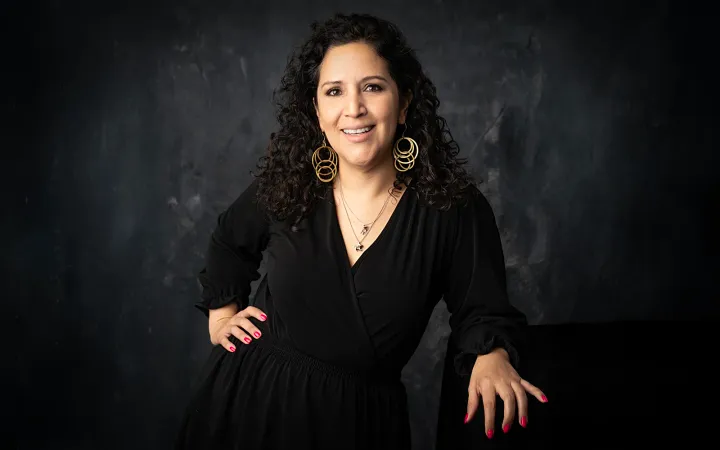Por Jaina Pereyra
Yo estoy convencida de que un problema enorme de la democracia es que las cualidades que necesitas para gobernar bien no son las mismas que necesitas para ser electo. Ser carismático, emocionar a las audiencias, inspirar movilizaciones difícilmente son cualidades que se necesitan para analizar problemas de política pública, hacer legislación apegada a derecho o persuadir a quienes tienen intereses políticos distintos. Por eso, normalmente los “políticos profesionales” han sido los que brincan de pluri en pluri, incapaces de ganar una elección, pero conocedores de los reglamentos de las cámaras y de los procesos de negociación.
La vida parlamentaria, cuando teníamos vida parlamentaria, dependía de los técnicos. De los que no son especialmente carismáticos en el mitin, pero que logran los acuerdos que una democracia dividida necesitaba. Con los años, conforme los populismos han cobrado fuerza, los técnicos han desaparecido de la vida pública. No se necesita ciencia para extraer petróleo, ni para hacer caminos, decía el presidente López Obrador. Ni para ganar elecciones, agregaría yo. Desafortunadamente tenía razón. Ganar elecciones y gobernar bien son dos mundos que no tienen que conocerse siquiera.
Ahora, la manía de ganar elecciones ha contagiado al Poder Judicial. Morena ha cambiado el equilibrio en donde la independencia y la capacidad técnica eran el principal requisito. El único Poder de la Unión en el que necesitábamos sólo a técnicos ha arrancado su primera elección y los spots que hemos visto podrían deprimir hasta a los más optimistas. En cada ciclo electoral pasa: a algún candidato o candidata, desprovisto de presupuesto y de pudor, se le ocurre hacer una campaña que llama la atención por su mal gusto, su desatinada ejecución o su franca ridiculez. Es normal. Sin embargo, la campaña al Poder Judicial ha destacado en ese sentido. Todos los spots que he visto son terribles. Uno más ridículo que el otro, uno más excéntrico que el siguiente. Si no fuera porque sí quieren ganar la elección, pensaría que el objetivo es hacernos reír. Diría que es un enorme fracaso para quienes nos dedicamos a la comunicación política porque la interpretación que han hecho de lo que debe ser una campaña parece una sátira de lo que tratamos de hacer normalmente en periodo electoral. Sin embargo, creo que, a pesar del resultado, debemos reconocer que los y las candidatas han entendido los básicos de esta elección: en términos narrativos, entendieron cómo comprar el favor de la 4T. Hablan de cercanía con el pueblo, de la ley como instrumento de justicia social, de la necesaria transformación. Cuando hablan de preparación, lo hacen sin caer en elitismo. Es más, hay quien presume que está más preparado que un chicharrón (si mal no recuerdo, en la campaña al Gobierno de la CDMX, Chertorivski decía estar más preparado que un elote. Y sí, chicharrón es más pueblo que un elote (¿?)). Quien aprendió que los jingles te meten a las encuestas, o por lo menos a la memoria, ofrece bailar al ritmo de su nombre en la plaza del pueblo. Cambiar, reformar, destruir. Todo eso genera esperanza en estos tiempos de dinamitar todo.
Y sí, es muy triste. No sólo desde el ángulo de la comunicación política, sino porque las campañas están demostrando que las y los candidatos están dispuestos a lo que sea para llegar al cargo de sus sueños. Tal vez solitos se engañan pensando que, una vez que logren el favor del pueblo, o del gobierno, podrán ser jueces, magistrados o ministros independientes, apegados a la ley. Me imagino que no son los primeros candidatos que piensan que pueden hacer acuerdos o procesos impresentables y, llegando, volver a ser impolutos. Lo hemos visto en todas las elecciones. Y por eso es tanto más deprimente. Porque han logrado destilar lo que funciona y, al parecer, la democracia no es parte de eso que funciona.
*Especialista en discurso y comunicación política.

Las opiniones expresadas son responsabilidad de sus autoras y son absolutamente independientes a la postura y línea editorial de Opinión 51.






Comments ()